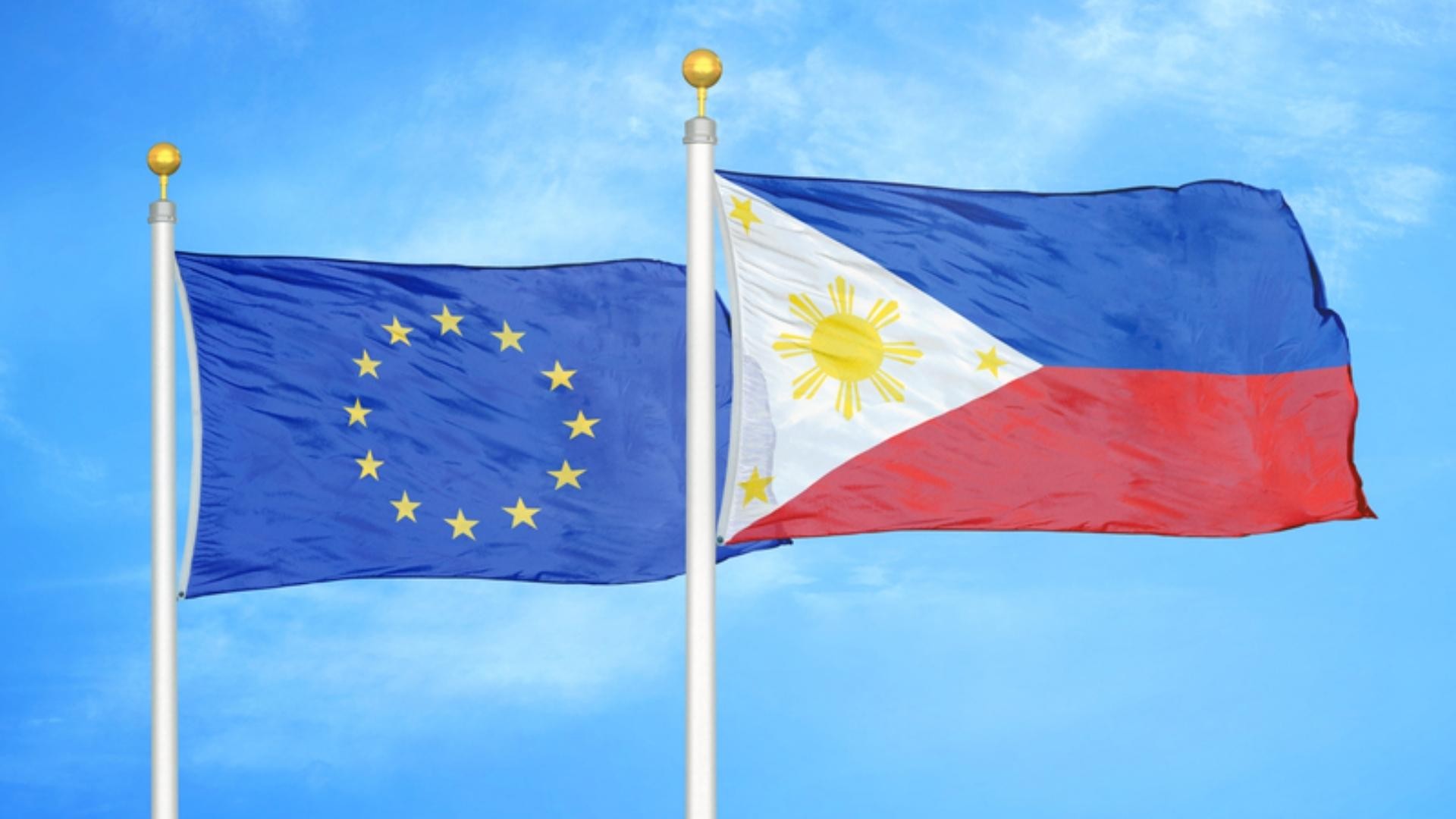
FOREIGN business groups said they “look forward” to working with the Philippine government to improve the Philippines’s investment climate in light of the “new opportunities” that the Regional Comprehensive Economic Partnership (RCEP) provides.
“We thank the Philippine Senate for the measured and deliberate process it took in finally concurring in the ratification of the RCEP,” the seven members of the Joint Foreign Chambers (JFC) said on Wednesday.
Twenty senators late Tuesday night voted for the Senate resolution concurring in the ratification of the mega trade deal, four votes more than the requisite 16 votes for treaties.
“We look forward to working with the Philippine government to improve the countries’ investment climate and attract more foreign investments in light of the new opportunities that RCEP provides,” the chambers noted.
With RCEP being touted as the largest trade bloc in the world, the seven chambers said the Philippines’s inclusion in the trade deal “further expands the network of foreign markets accessible to Philippine exports.”
Moreover, the JFC said the Senate’s green light of the treaty “reinforces the decision of many of our members to invest in the Philippines and will attract more investment from our home countries.”
The seven chambers said this builds on “significant” reforms that benefit the national economy such as the (Tax Reform for Acceleration and Inclusion) TRAIN 1, (Corporate Recovery and Tax Incentives for Enterprises) CREATE, Electric Vehicles Industry Development Act (EVIDA), Philippine Creative Industries Development Act, and the amendments to the Public Services, Retail Trade Liberalization Act (RTLA), and Foreign Investments Acts (FIA).
The JFC is a coalition of the American, Australian-New Zealand, Canadian, European, Japanese, Korean chambers and the Philippine Association of Multinational Companies Regional Headquarters Inc. (PAMURI). The coalition said it represents over 3,000 member companies engaged in around $100 billion worth of trade and some $30 billion worth of investments in the Philippines.
Meanwhile, the Makati Business Club (MBC), through its executive director Francisco Alcuaz Jr. said in a statement that it is “confident” RCEP membership “will help accelerate inclusive growth and economic recovery, and most importantly, job creation.”
It added: “On top of the recent PSA, RTLA, and FIA legislation, this is a clear signal” that the country is open anew for business and jobs. “RCEP is currently the largest free trade agreement in the world, and we are looking forward to the wider market access RCEP will grant and eventually, lower prices for some key commodities.”
ECCP, British chambers
ASIDE from the seven foreign chambers included in the JFC, the European and British Chambers also expressed their support for the Senate’s ratification of RCEP.
In a separate statement, the European Chamber of Commerce of the Philippines (ECCP) said the Philippines’s membership to the said trade deal will “yield” significant economic benefits for the Philippines.
“It will optimize the country’s participation to the global value chain,” ECCP said in a statement on Wednesday.
The European chamber said ratification of RCEP sends a “positive message that the Philippines upholds and values a rules-based trading system.”
For his part, Chris Nelson, Executive Director of the British Chamber of Commerce of the Philippines (BCCP) told the BusinessMirror, “The Philippines, being part of the world’s largest trading bloc, is another strong support to the economy.”
“The British Chamber has consistently advocated for ratification—and this will further increase the opportunity for Trade and Investment between the Philippines and UK,” Nelson added.
Through the lens of Philippine industry, the Confederation of Wearable Exporters of the Philippines (CONWEP) backed their support of the trade deal by laying down export data to the 10 RCEP member countries.
“2021/2022 export data to the 10 RCEP member countries showed that the Philippines exported in 2022 US$315 million worth of apparel, leather goods, textile and footwear,” CONWEP said in a statement on Wednesday, adding that exports to RCEP countries in 2022 posted 8-percent growth compared to 2021 export performance.
As to the Philippine wearable exports’ share in the world, CONWEP said the “US$315-million RCEP exports in 2022 represents 19.3 percent of Total Wearables exports to the world.”
Among markets for wearables, the organization said Japan “consistently” ranks as the Philippines’s export market for wearables with a 54-percent share of total exports to the RCEP member states based on 2022 performance.
China ranks second top RCEP export country, with an export value of US$90 million in 2022, followed by Australia, CONWEP noted.
Meanwhile, Trade Secretary Alfredo E. Pascual said the impact of the regional trade deal now rests on “how fast our business people will react.”
“Government will do its part by coming up with the orders—you know, what are the rules that will be observed, say, by Bureau of Customs, [the] tariffs. [But the] immediate impact on our markets will depend on how fast our business people, our Philippine companies, our Philippine-based companies will react to the changes, for example in rules of origin and tariff, the products that we import or export,” the Trade chief said.
The country’s top negotiator, DTI Assistant Secretary Allan B. Gepty said the effectivity of the RCEP agreement will happen “60 days after the deposit of the instrument of ratification of the Secretary General of ASEAN.”
Gepty said the “immediate impact” of the trade deal will be felt in terms of “wider cumulation” or sourcing of raw materials.
With the Philippines’s inclusion in the RCEP, he said, partly in Filipino, “we are now included in the largest free trade area, so our stakeholders, producers, manufacturers, can now source their raw materials and intermediate goods from these 14 countries.”
Moreover, these stakeholders can now export the products from “their manufacturing activities…here in the country…at a preferential rate or treatment in these RCEP parties,” the country’s chief negotiator explained.
RCEP is a free trade agreement among Asean countries and their trading partners Australia, China, Japan, New Zealand, and South Korea.
Source: https://businessmirror.com.ph/2023/02/23/foreign-business-groups-vow-to-boost-phl-investments/